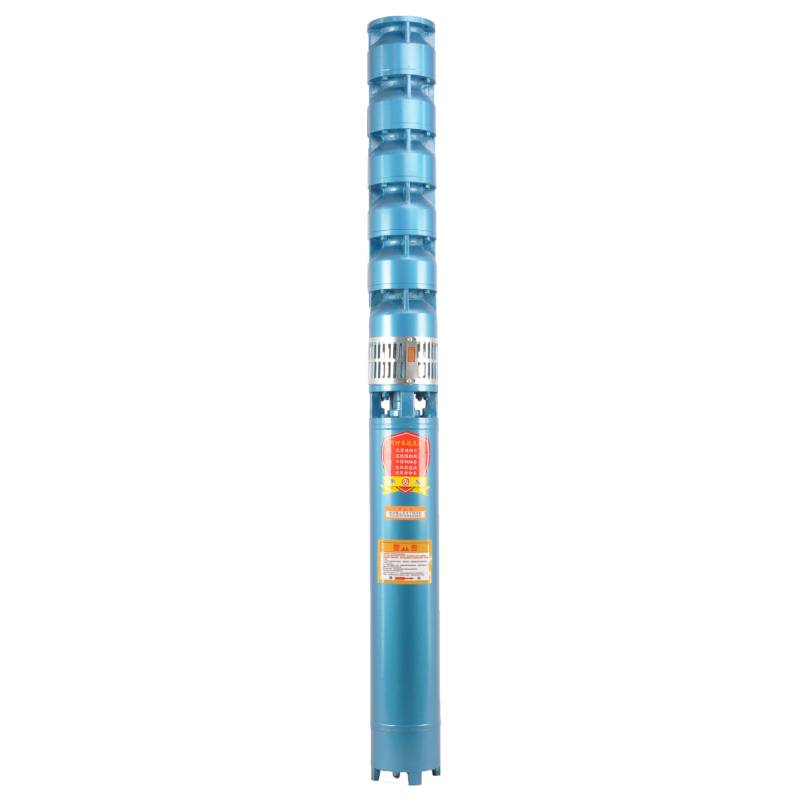Dec . 11, 2024 09:18 Back to list
Design and Construction of Submersible Pump Housing for Optimal Performance and Durability
The Role and Importance of Submersible Pump Houses
In the realm of water management, submersible pump houses play a crucial role. These specialized structures are designed to accommodate submersible pumps, which operate underwater to manage groundwater levels, provide irrigation, and facilitate industrial applications. The integration of technology and engineering in submersible pump houses not only enhances efficiency but also ensures the durability and reliability of operations.
Submersible pumps are uniquely designed to operate while submerged in fluid. Unlike traditional pumps, submersible pumps push fluid to the surface instead of pulling it. This principle significantly reduces the risk of cavitation, a phenomenon that can damage pumps by causing vapor bubbles to form and collapse under pressure. The design of submersible pump houses protects these pumps from external elements, allowing for safe and efficient operation even in harsh conditions.
Structure and Design
A typical submersible pump house is constructed with durability and functionality in mind. Made from robust materials like concrete or steel, the structure is designed to withstand external pressures, including water, soil, and environmental factors like temperature fluctuations and corrosive elements.
Inside the pump house, the layout is often optimized for accessibility and maintenance. This includes designated space for electrical controls, storage of spare parts, and efficient water flow management systems. Proper ventilation is another critical aspect to ensure that any heat generated by the electric motors dissipates effectively, prolonging the life of the equipment.
Functionality and Operations
The primary function of a submersible pump house is to house the submersible pump safely while facilitating its operation. These pump houses can serve multiple purposes, such as
submersible pump house

1. Groundwater Extraction Submersible pumps are commonly used for extracting groundwater for agricultural irrigation, municipal water supply, and industrial processes. The pump house serves as the operational hub for managing these resources efficiently.
2. Wastewater Management In municipal applications, submersible pumps are essential for wastewater handling. Pump houses are strategically located in sewage treatment facilities to manage the inflow and outflow of wastewater, ensuring that systems run smoothly and in compliance with environmental regulations.
3. Flood Control During heavy rains or floods, submersible pumps can quickly remove excess water from low-lying areas. Pump houses equipped with these pumps enable rapid response to emergency situations, minimizing the risks associated with flooding.
Challenges and Considerations
While submersible pump houses are invaluable, they are not without challenges. Regular maintenance is crucial to ensure the longevity and efficiency of the pumps. This involves routine inspections, cleaning, and servicing of mechanical components. Additionally, issues such as vibration, noise, and potential flooding within the pump house itself must be monitored and addressed.
Environmental considerations are also paramount. Submersible pump houses should be designed to minimize environmental impact, including the management of any leaks or spills. Proper filtration systems and containment measures are necessary to protect surrounding ecosystems from possible contamination.
Conclusion
In conclusion, submersible pump houses are essential components of effective water management systems. They provide a structured environment for submersible pumps, ensuring that they operate efficiently and reliably. By safeguarding these critical pieces of equipment from environmental and operational hazards, we enable essential functions such as groundwater extraction, wastewater management, and flood control. As we continue to face challenges related to water resources, the importance of well-designed and maintained submersible pump houses will only grow, making them a vital aspect of sustainable water management strategies for the future.
-
Submersible Water Pump: The Efficient 'Power Pioneer' of the Underwater World
NewsJul.01,2025
-
Submersible Pond Pump: The Hidden Guardian of Water Landscape Ecology
NewsJul.01,2025
-
Stainless Well Pump: A Reliable and Durable Pumping Main Force
NewsJul.01,2025
-
Stainless Steel Submersible Pump: An Efficient and Versatile Tool for Underwater Operations
NewsJul.01,2025
-
Deep Well Submersible Pump: An Efficient 'Sucker' of Groundwater Sources
NewsJul.01,2025
-
Deep Water Well Pump: An Efficient 'Sucker' of Groundwater Sources
NewsJul.01,2025
-
 Submersible Water Pump: The Efficient 'Power Pioneer' of the Underwater WorldIn the field of hydraulic equipment, the Submersible Water Pump has become the core equipment for underwater operations and water resource transportation due to its unique design and excellent performance.Detail
Submersible Water Pump: The Efficient 'Power Pioneer' of the Underwater WorldIn the field of hydraulic equipment, the Submersible Water Pump has become the core equipment for underwater operations and water resource transportation due to its unique design and excellent performance.Detail -
 Submersible Pond Pump: The Hidden Guardian of Water Landscape EcologyIn courtyard landscapes, ecological ponds, and even small-scale water conservancy projects, there is a silent yet indispensable equipment - the Submersible Pond Pump.Detail
Submersible Pond Pump: The Hidden Guardian of Water Landscape EcologyIn courtyard landscapes, ecological ponds, and even small-scale water conservancy projects, there is a silent yet indispensable equipment - the Submersible Pond Pump.Detail -
 Stainless Well Pump: A Reliable and Durable Pumping Main ForceIn the field of water resource transportation, Stainless Well Pump has become the core equipment for various pumping scenarios with its excellent performance and reliable quality.Detail
Stainless Well Pump: A Reliable and Durable Pumping Main ForceIn the field of water resource transportation, Stainless Well Pump has become the core equipment for various pumping scenarios with its excellent performance and reliable quality.Detail
